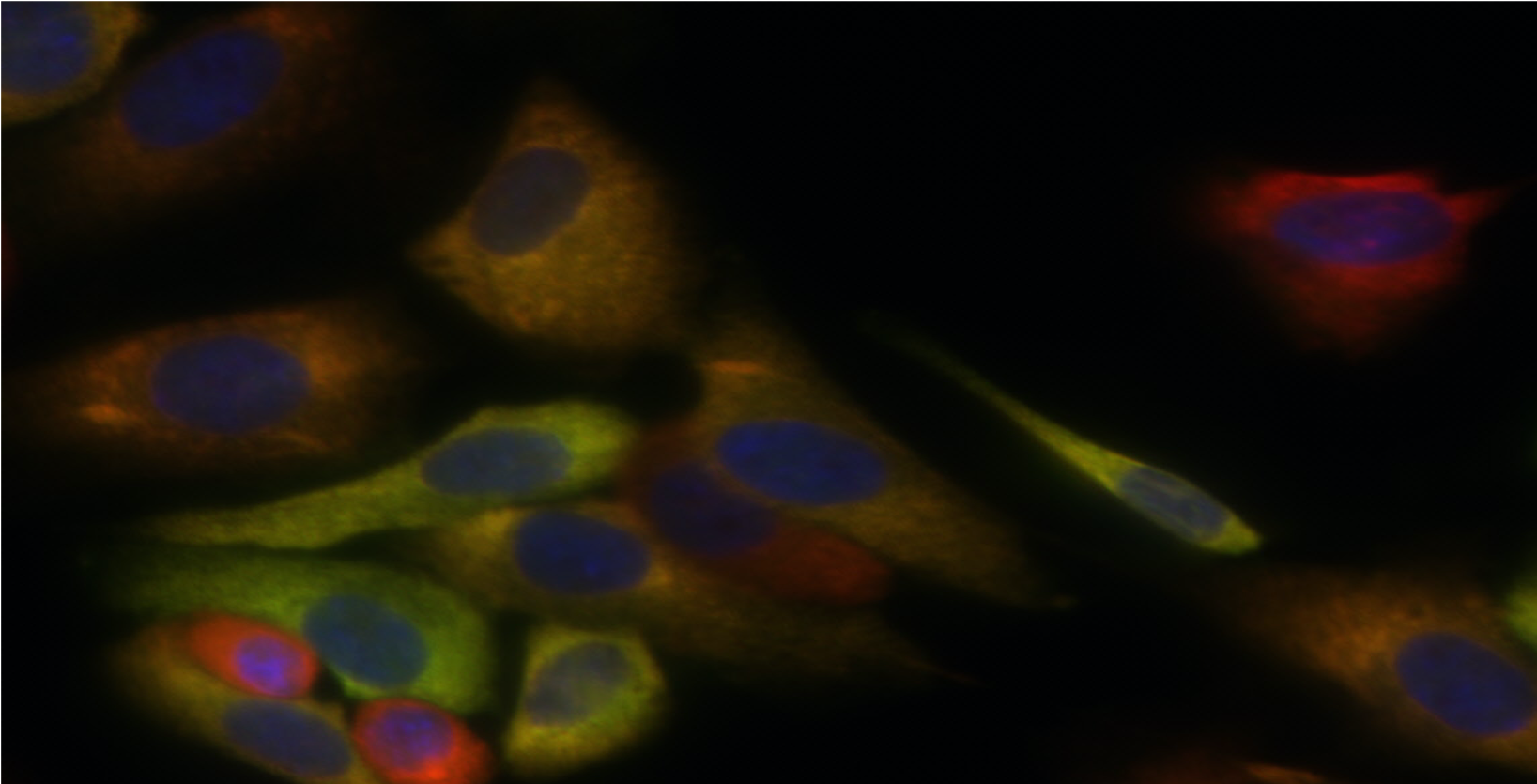
PN-III-P-1.1-PD-2019-1132
PD 178
Investigarea mecanismelor moleculare implicate în bolile limfoproliferative asociate cu VHB
/
Investigation of molecular mechanisms involved in HBV-associated lymphoproliferative diseases
Limfoamele non-Hodgkin (LNH) sunt boli maligne heterogene ale limfocitelor, care ocupă locul 5 la nivel mondial ca frecvenţă în rândul tipurilor de cancer, mai mult de 510.000 de cazuri noi fiind raportate în 2018. Cel mai frecvent subtip este limfomul cu celule B mari difuze, reprezentând aproximativ 40% din toate cazurile de LNH. Pe lângă factorii genetici sau de mediu, dezvoltarea NHL este atribuită mai multor infecții virale, cum ar fi infecţia cu virusul Epstein-Barr, virusul herpetic uman tip 8, virusul imunodeficienței umane, virusul hepatitei C și virusului T-limfotropic uman. Studii epidemiologice recente au evidentiat un risc crescut pentru dezvoltarea NHL la pacienții infectați cu virusul hepatitei B (VHB). Mai mult decât atât, acești pacienți sunt mai dificil de tratat și rata de supraviețuire a acestora este mai mică în comparație cu persoanele neinfectate. Cu toate acestea, mecanismul şi relația dintre infecția cu VHB și limfom nu este cunoscută. În acest context, scopul proiectului este investigarea în premieră a unui posibil rol etiologic al VHB în limfomageneză și descifrarea consecințelor expunerii limfocitelor cu VHB la nivel molecular. Folosind metodologii de ultimă generație, vom investiga (a) capacitatea limfocitelor de a susține replicarea productivă a VHB și (b) modularea virală a căilor de semnalizare celulară de la nivelul limfocitelor, cum ar fi stresul la nivelul reticului endoplasmatic (RE) și răspunsul la proteine incorect pliate, activarea inflamației și reglarea enzimelor mutagenice. Se estimează că rezultatele obținute în acest studiu vor avea un impact mult peste durata de viață a proiectului, prin avansarea de noi ținte moleculare care ar putea fi exploatate în viitor pentru a dezvolta strategii terapeutice mai eficiente pentru a aborda această boală complexă.
Non-Hodgkin lymphomas (NHLs) are heterogeneous malignancies of lymphocytes ranked as the 5th to 9th most common cancer worldwide, more than 510,000 new cases being reported in 2018. The most common subtype is diffuse large B-cell lymphoma (DLBCL), accounting for about 40% of all NHL cases. In addition to genetic or environmental factors, NHL development is attributed to several viral infections such as Epstein-Barr-Virus, Human herpesvirus 8, Human Immunodeficiency Virus, Hepatitis C Virus and Human T-lymphotropic virus. Recent epidemiological studies have shown an increased risk for NHL development in hepatitis B virus (HBV) – infected patients. Moreover, these patients are more difficult to treat and their survival rate is lower, as compared with non-infected individuals. However, the mechanistic relationship between HBV infection and lymphoid cancer is not known. In this context, the current project proposal aims to investigate in premiere a possible etiological role of HBV in lymphomagenesis and decipher the consequences of lymphocytes exposure to HBV at molecular level. By using state-of the art methodologies we will investigate (a) the ability of lymphocytes to sustain productive HBV replication and (b) modulation of cellular signaling pathways by HBV in lymphocytes, such as the ER stress and unfolded protein response, activation of inflammation and upregulation of mutagenic enzymes. The results obtained in this study are expected to have an impact well beyond the project’s life span, by advancing new molecular targets that could be exploited in the future to develop more efficient therapeutic strategies to address this complex disease.
Data începerii contractului 01/09/2020
Data încheierii contractului 01/11/2022
Contract start date 01/09/2020
Contract end date 01/11/2022

Get new content delivered directly to your inbox.